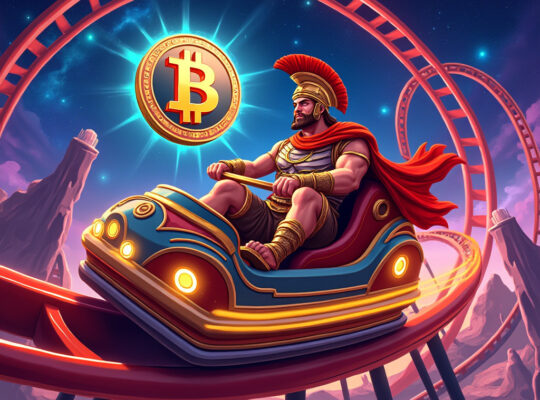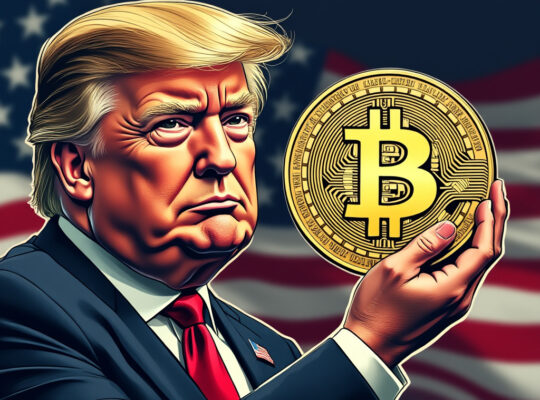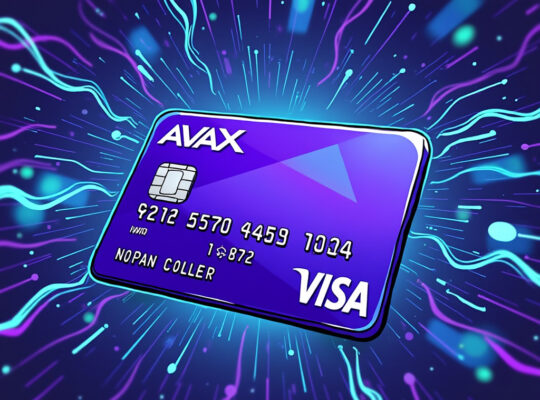In the digital age, cryptocurrency stands as a beacon of financial innovation, promising autonomy, security, and transparency through blockchain technology. At the heart of this revolution lies the principle of decentralization and the practice of self-custody, elements that define the ethos of true cryptocurrency ownership. Here’s why these aspects are more crucial than ever:
True Ownership and Control:
Decentralization means that no single entity, whether government or corporation, controls your assets. This aligns with the original vision of cryptocurrency as an alternative to traditional banking systems, where control over one’s finances often comes with strings attached. Self-custody, or managing your private keys, ensures that you alone have access to your digital assets, mirroring the concept of having cash in your pocket rather than a bank account.
Security:
With self-custody, your assets are as secure as you make them. Hardware wallets, for instance, keep your private keys offline, drastically reducing the risk of theft or hacking compared to centralized exchanges which might be targets for cybercriminals.
Avoiding Centralized Failures:
The collapse of centralized entities like FTX has vividly illustrated the risks associated with trusting third parties with your crypto. When you self-custody, the failures of exchanges or custodial services can’t affect your assets because they are not in those systems.
Historical Precedents:
The crypto community has learned from incidents where centralized platforms failed, leading to loss or freezing of funds. Decentralization and self-custody mitigate these risks, fostering an environment where the user’s responsibility is also their protection.
Privacy and Anonymity:
While not all cryptocurrencies offer complete anonymity, the level of privacy users can maintain through decentralized systems is significantly higher than with traditional financial systems. Self-custody further enhances this by reducing the need for personal information disclosure to third parties.
KYC/AML Laws:
While necessary for combating financial crimes, these regulations often require personal data which some in the crypto community wish to avoid sharing. Decentralized systems can operate outside of these frameworks, offering users more privacy.
Empowerment through Responsibility:
Self-custody forces users to understand the mechanics of blockchain and cryptocurrencies, leading to a more educated user base. This empowerment is crucial for the health of the ecosystem, where informed participants contribute positively to its development.
Community Governance:
Projects like DAOs exemplify how decentralization can lead to community-driven decision-making, where every participant has a say proportional to their stake, enhancing democratic processes within blockchain networks.
Resilience Against Censorship and Control:
Decentralized systems are inherently resistant to censorship. No authority can arbitrarily freeze or seize assets stored in a truly decentralized network, providing a safeguard against financial censorship.
Real-World Implications:
In regions where financial freedom is restricted, or during economic sanctions, decentralized cryptocurrencies can serve as a lifeline, allowing for transactions that bypass traditional financial channels.
Conclusion:
The push towards decentralization and self-custody in the crypto world isn’t just about technological advancement or security; it’s about reclaiming financial sovereignty. These principles challenge the status quo, offering individuals real control over their economic interactions. As the crypto space evolves, embracing these fundamentals becomes not just an option for enthusiasts but a necessity for anyone looking to truly own a piece of the digital economy. This shift towards personal responsibility in asset management might seem daunting, but it’s a critical step towards a financial system that’s more democratic, secure, and aligned with the original vision of cryptocurrency.












